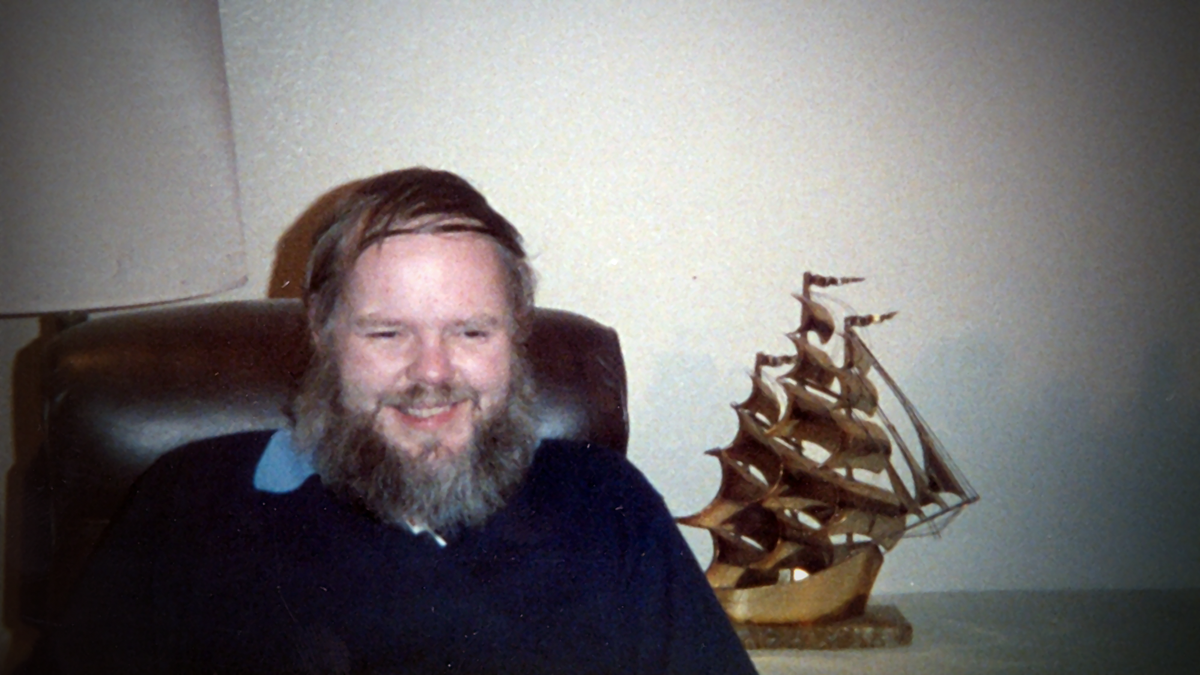Well, I tend to think that this is complicated. Wesley should always get a tip of the cap for his role in the beginning (Braunstein, Blackmoor, Greyhawk, get it?).
But he wasn't really down with RPGs. I know! And Braunstein wasn't really designed for the roleplaying- that was player driven. So, I think he gets just the right amount of credit- the mention.
How do you know?
Sky is Green - I know!
Right from the beginning your arguments are shallow and not very sophisticated.
I would say that you do not know enough about what Braunstein is to really pass judgment on it.
If you did know, you would realize that Braunstein is a kind of role playing game. Having played it and examined what remains from it, I would say that it is in many ways more of a role playing game than D&D because one actually assumes a role.
Arneson's brilliancy was to take Wesely's method and use it in order to create a shared reality. Yet there is a polarity within these designs. As the design moves toward a controlled world experience, then the player to player interaction is diluted.
These are very different Game Engines, yet I don't presume to say one is an RPG, or not. The real issue is to understand what the game is simulating and why. Arneson's game begins as a Braunstein, or at least he calls it that. The play descriptions from both Corner of the Table Top and all of his players support this as fact.
Wesely's invention has its own genius designed into it. One can use Wesely's design to model social interactions between people. It is a profound leap. I would compare it to Machiavelli's, The Prince in game form.
In fact, I would say that under certain circumstances even a D&D game can switch between game engines. You can see a referee employ Blackmoor play methods, then switch to Braunstein style, and then go back to Blackmoor. This is the beauty of these systems, you can easily use all of them without even knowing you are using all of them.
Arneson changes the Blackmoor Game Engine creating something entirely new. The label of Role Playing is to me a misnomer. Wesely's game IS a role playing game. Arneson's game is more about interacting with and altering reality.
The play style for Blackmoor is cycled into all other games that follow. Greyhawk actually does not change the play style at all. Greyhawk is merely a Blackmoor, as is D&D.
Might I suggest a good book for understanding how RPG's work that approaches the problem from a systems perspective, it's called Dave Arneson's True Genius by Rob Kuntz.
My name is Griff
P.S. you also fail to acknowledge Duane Jenkins and his BrownStone RPG - You don't know.

 kotaku.com
kotaku.com
